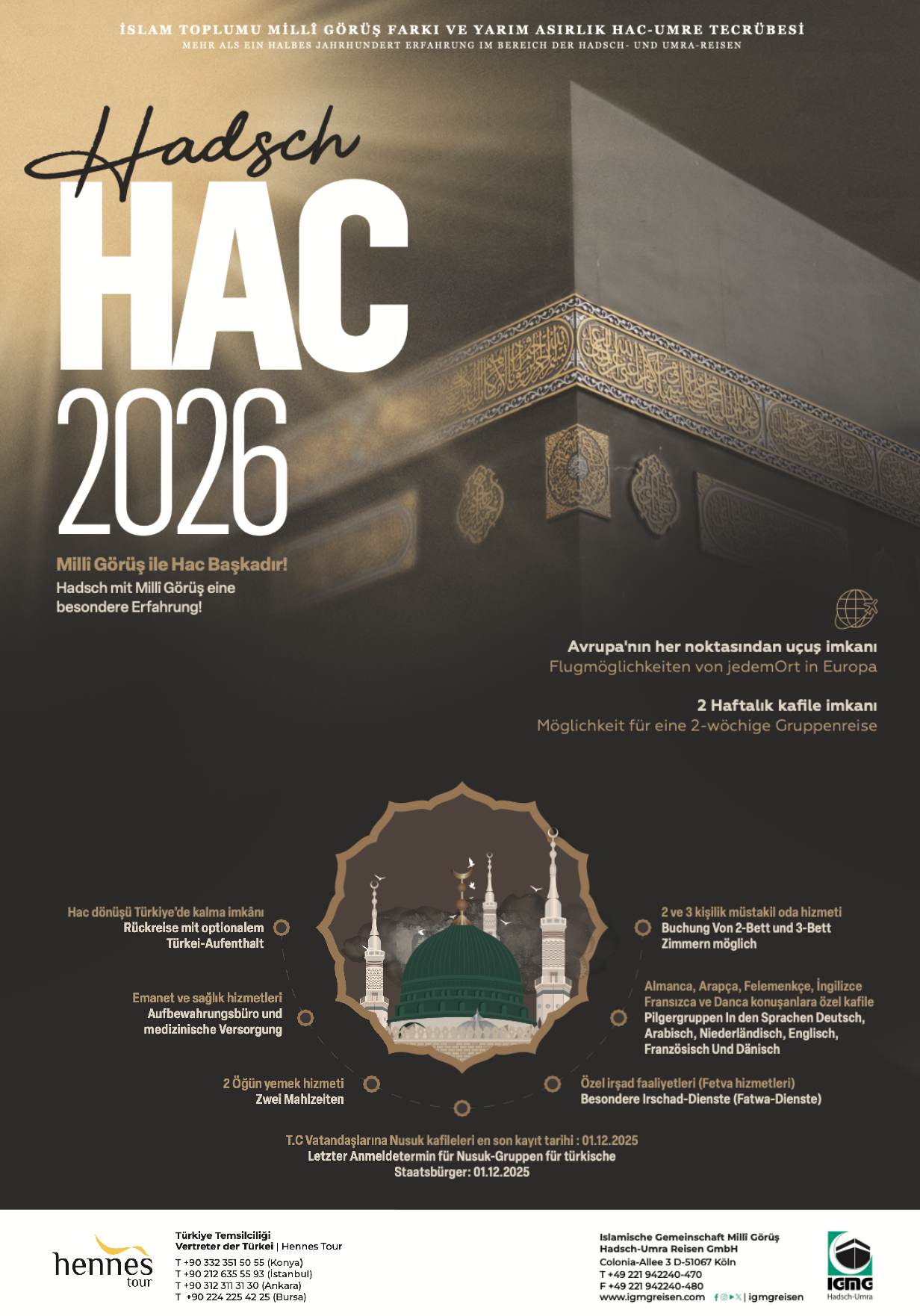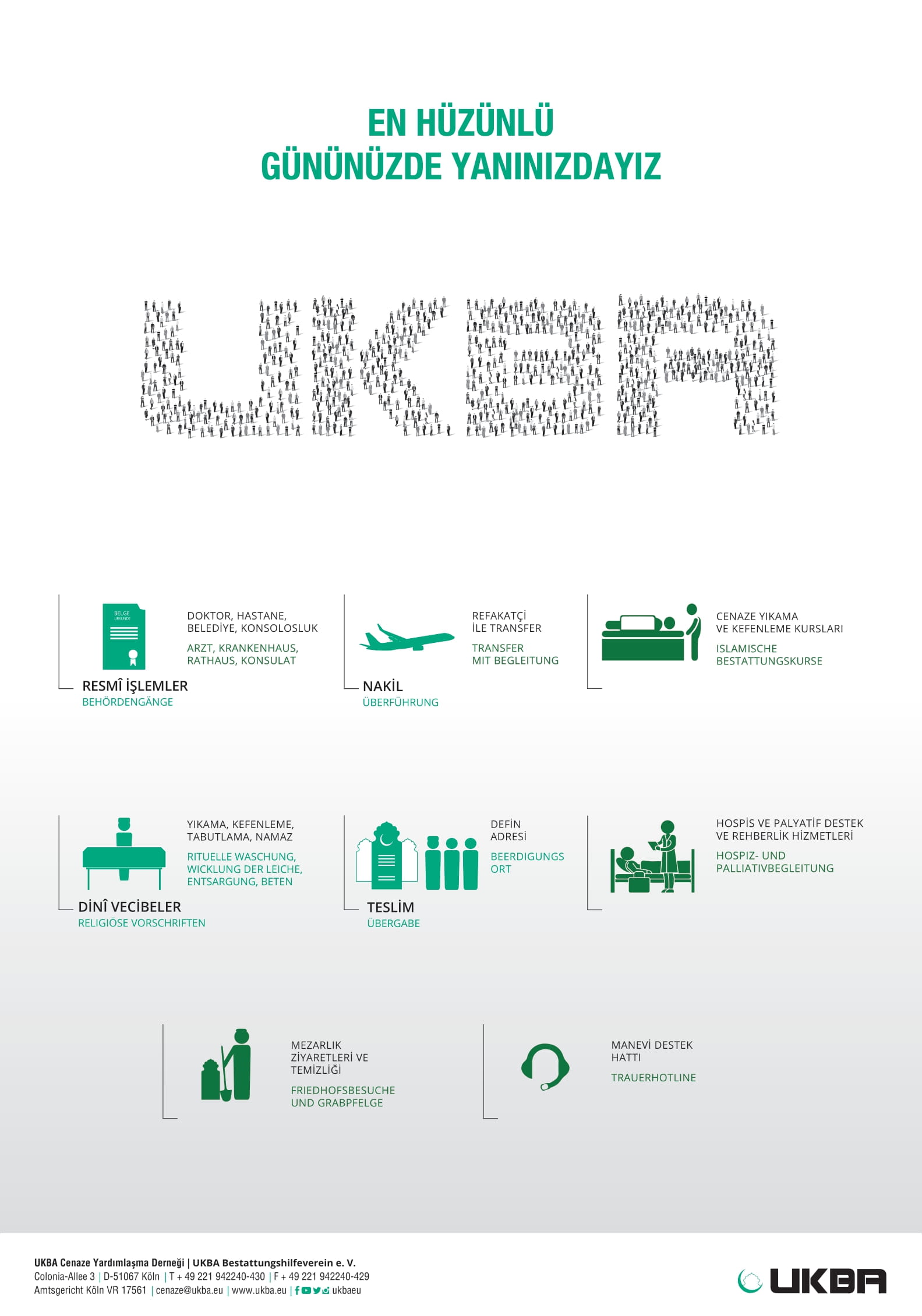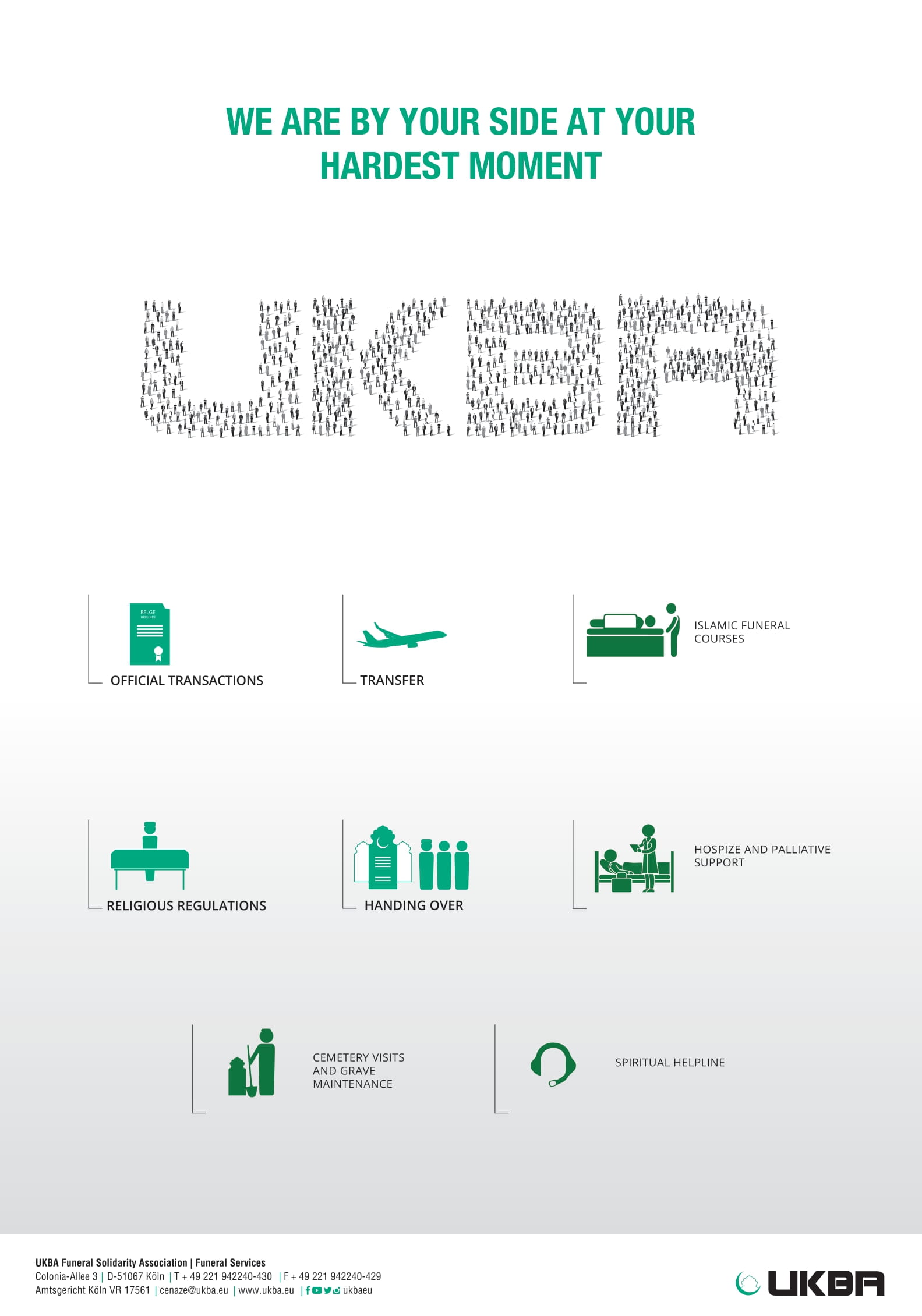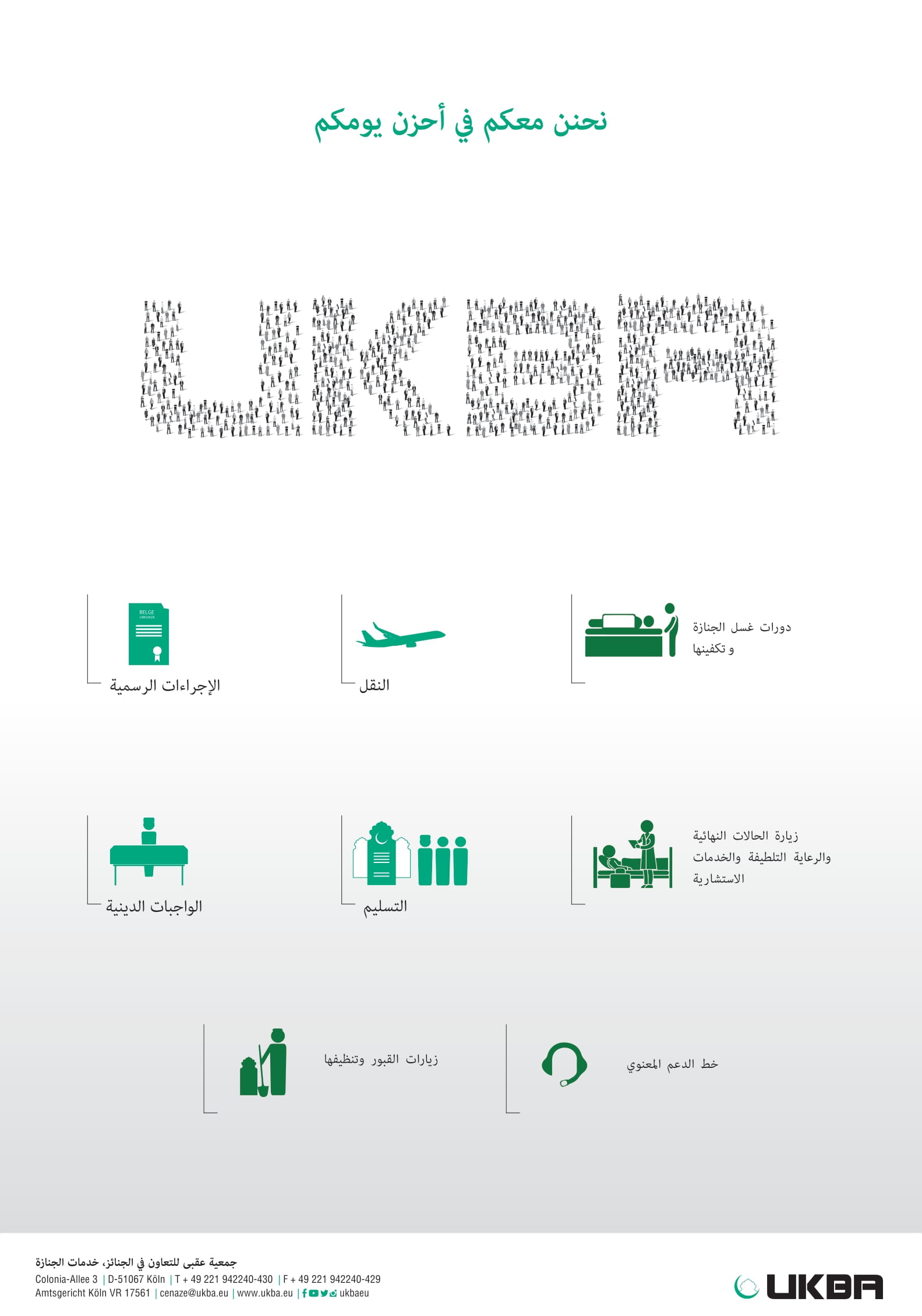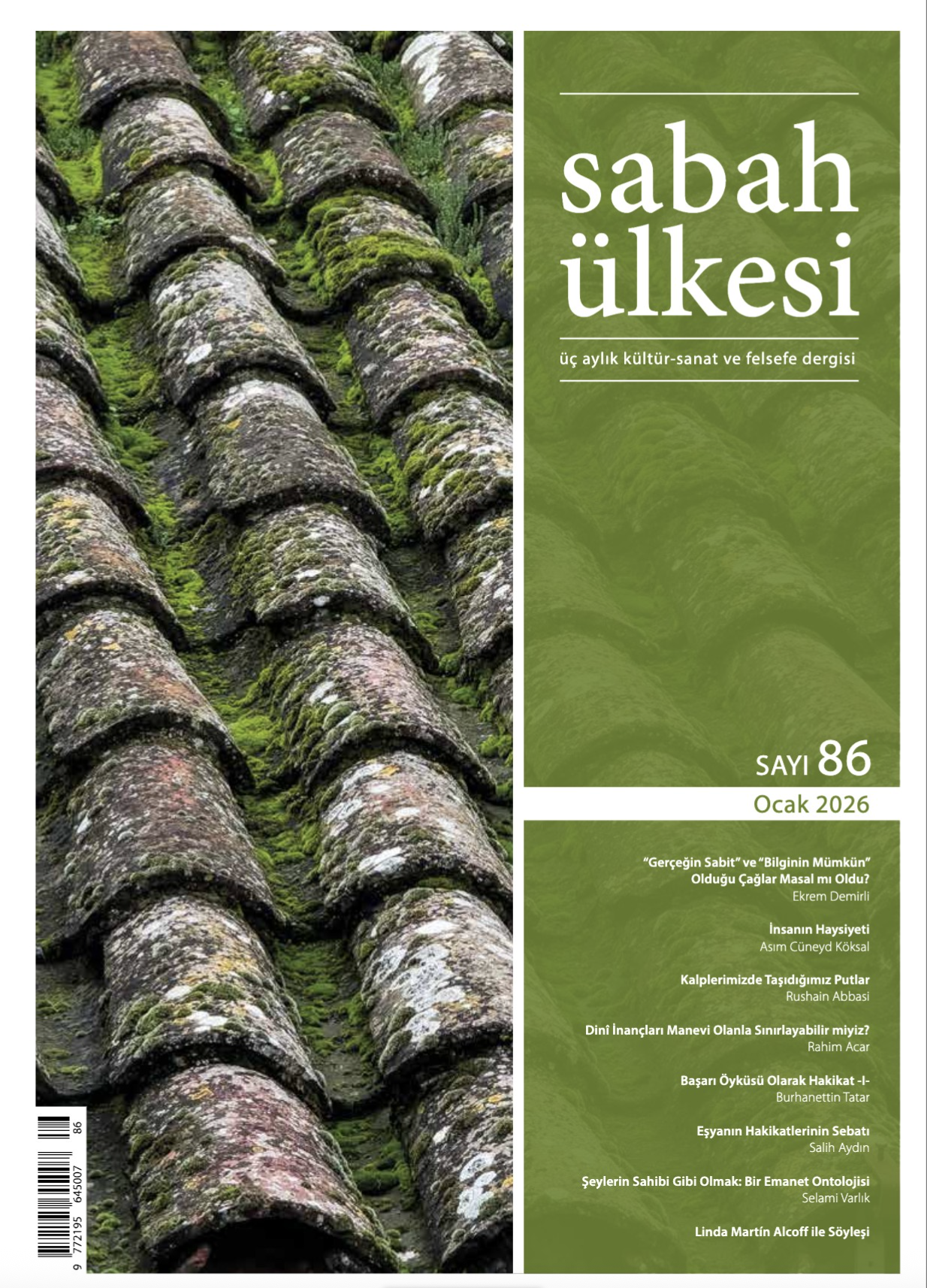Friday Khutba
Rights of Neighbours
12. June 2025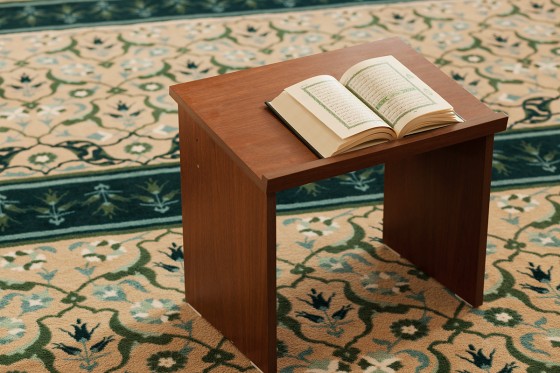
Dear Brothers and Sisters!
Islam, has established certain rules not only for our faith and acts of worship but also for our social life. Indeed, in the verse I recited at the beginning of my khutba, Allah (swt) says, “Worship Allah and do not associate anything with Him. Be kind to parents, relatives, orphans, the needy, the near neighbour, the distant neighbour, your companion by your side, the traveler and those under your care. Surely, Allah does not like the arrogant and boastful.”[1] In this verse, after mentioning worship, Allah lists those to whom we should show kindness. The term “neighbour” is used for those who live adjacent to or near each other. Being a neighbour brings with it certain rights and responsibilities, as well as a system of relationships it establishes. Neighbourly relations are important not only for social solidarity but also for families to live in peace and security. Good neighbourly relations play a special role in sharing joy and happiness, as well as in bearing hardship and sorrow. The expression from our culture, “Don’t buy a house, buy a neighbour,” which reflects a deep-rooted understanding, rightly emphasises the importance of neighbourly relations from both perspectives.
Dear Brothers and Sisters!
Our Noble Prophet (saw), who is an example for us in every aspect, placed great importance on maintaining good relations with neighbours. Likewise, he advised avoiding any verbal or physical behavior that would harm or disturb a neighbour. Our beloved Prophet (saw) mentioned that those who are patient with the harm caused by their neighbours are among the three groups of people whom Allah loves. Indeed, just as a person is tested with their wealth, spouse, or children, they can also be tested through their neighbours.
The Prophet of Mercy, who emphasised that close neighbours have priority in rights and responsibilities, explained the etiquette of neighbourly relations when he answered Aisha (may Allah be pleased with her), who asked, “O Messenger of Allah! I have two neighbours. To which one should I give a gift first?” He replied, “To the one whose door is closest to yours.”[2]
Our neighbours are the people we see most often after our own family members, and they are the closest to us. They can even be closer and take priority over distant relatives in terms of physical proximity. Because neighbours form our closest social circle, both the Qur’an and hadiths emphasise neighbourly relations with great care. In fact, in another hadith, the Prophet (saw) said, “The best of neighbours in the sight of Allah is the one who is best to his neighbour.”[3]
Unfortunately, today, especially in big cities, neighbourly relations are not given the attention and sensitivity they deserve. Even though we live in the same building, we may be unaware of our neighbour’s death. We walk the same pathways, drive on the same roads, yet neglect to ask about their troubles or hardships. However, the Prophet (saw) warned us by saying, “He is not a (true) believer who sleeps full while his neighbour is hungry.”[4] This clearly shows that ignoring our neighbours’ difficulties is a matter tied directly to our faith.
Dear Jama’ah!
Undoubtedly, while the Prophet’s (saw) advice outlines a complete framework for neighbourly relations, it does not aim to list all of a neighbour’s rights over another, but rather to highlight some of the most important ones. This framework is not limited only to those who share our faith. Indeed, we live in a society where some of our neighbours belong to different faiths. Our religion commands us to treat all people with compassion, justice and good character. Neighbourliness is a moral responsibility that comes with living together and building a shared life, regardless of religious or cultural differences. With this understanding, it is both a religious and human duty to approach neighbours of different beliefs and backgrounds with a smile, to support them when in need and to share in their joys and sorrows. A greeting, a sincere smile or a heartfelt offering softens hearts and brings souls closer together. The Prophet (saw) said: “When a Muslim dies, and three households of his closest neighbours testify that he was a good person, Allah the Exalted says, ‘I have accepted the testimony of My servants to the best of their knowledge, and I have forgiven what I know (beyond that).’”[5]
May Allah (swt) make us among the believers who get along well with their neighbours and spread peace and trust in their surroundings. Ameen.
[1] An-Nisa, 4:36
[2] Ebû Dâvûd, Edeb, 122-123
[3] Tirmizî, Birr, 28
[4] İbn Ebî Şeybe, Musannef, İman ve Ru’yâ, 6
[5] İbn-i Hanbel, II, 409







